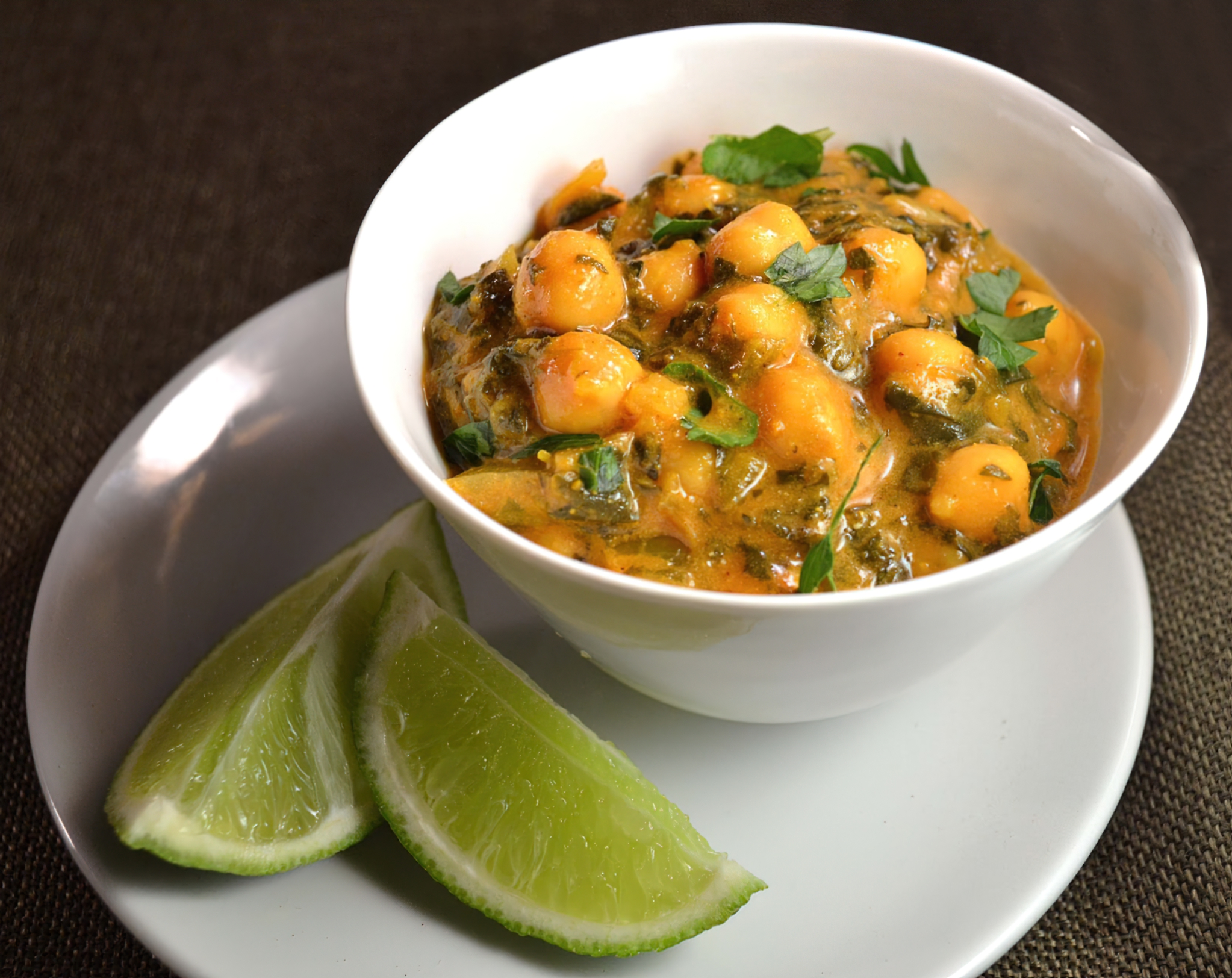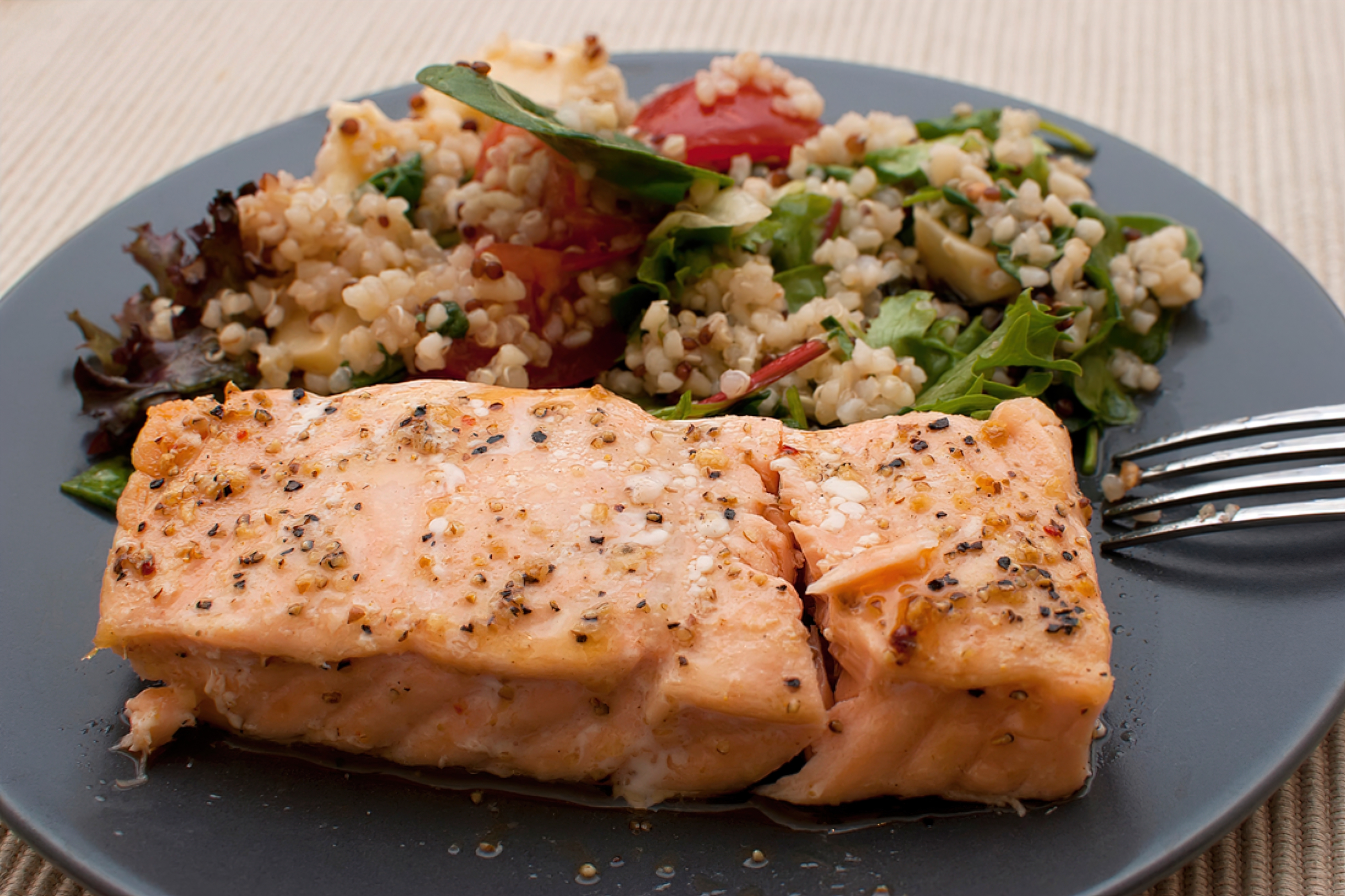The Crucial Role of Vitamin B6 in Sports Nutrition
As an athlete, maintaining optimal nutrition is paramount, and vitamins play a crucial role in this. Vitamin B6, also known as pyridoxine, is a standout nutrient with direct implications on athletic performance. But what exactly are these benefits, and how can you incorporate Vitamin B6 into your diet?
Understanding Vitamin B6 and Athletic Performance
Vitamin B6 is integral for protein metabolism, which is particularly important for athletes. It helps the body to use and store energy from proteins and carbohydrates and is vital for hemoglobin production. The optimal level of hemoglobin ensures oxygen is efficiently transported to the muscles during workouts, reducing fatigue and improving overall performance.
A deficiency in vitamin B6 can lead to anemia, muscle pains, and lowered immunity, severely impacting an athlete’s performance. However, balancing this nutrient within your diet can significantly enhance athletic ability and boost overall health.
Vitamin B6-Rich Recipe: Chickpea and Spinach Curry
Incorporating B6 into your diet doesn’t mean sacrificing taste. Here’s a simple, delicious, and nutrition-packed recipe for you to try.
Ingredients:
- 1 tbsp olive oil
- 1 onion, chopped
- 2 garlic cloves, crushed
- 1 tbsp curry powder
- 1 can chickpeas, drained
- 200g spinach
- 2 tomatoes, chopped
- Salt and pepper to taste
Directions:
- Heat the oil in a pan and sauté the onions and garlic until soft.
- Add curry powder and stir for a minute.
- Add the chickpeas, spinach, and tomatoes. Cook until the spinach has wilted.
- Season with salt and pepper. Serve hot.
Enjoy this meal post-workout to aid recovery and muscle growth, thanks to its rich content of vitamin B6.
How to Supplement Vitamin B6
While a balanced diet is the best source of vitamin B6, athletes with high energy expenditures might need supplements. It’s important to consult with a healthcare professional before starting any new supplement regimen.
Implications of B6 Deficiency in Sports
Even with the best training, a deficiency in essential vitamins like B6 can severely impact an athlete’s performance. Low levels of B6 lead to reduced hemoglobin production, resulting in fatigue, shortness of breath, and decreased athletic performance. Moreover, as B6 is vital for a healthy immune system, a deficiency might lead to frequent infections, further affecting the training routine.
Recipe: Grilled Salmon with Quinoa
Salmon is another fantastic source of Vitamin B6, and it pairs beautifully with quinoa, a protein-rich grain that also packs a nutritional punch.
Ingredients:
- 4 salmon fillets
- 1 cup quinoa
- 2 cups water
- 1 tbsp olive oil
- Salt and pepper to taste
- Lemon slices for garnish
Directions:
- Preheat your grill to medium heat. Season the salmon with salt, pepper, and olive oil.
- Place the salmon on the grill and cook for about 5 minutes on each side or until it flakes easily with a fork.
- While the salmon is grilling, rinse the quinoa under cold water until the water runs clear.
- Bring the quinoa and 2 cups of water to a boil in a saucepan. Reduce heat to low, cover, and simmer until quinoa is tender and water has been absorbed, 15 to 20 minutes.
- Serve the grilled salmon over a bed of quinoa, garnish with lemon slices.
Not only is this recipe high in protein, but it’s also packed with vitamin B6 to aid in your athletic performance.
Conclusion: Embracing B6 in Your Athletic Journey
Incorporating sufficient Vitamin B6 in your diet is a small step with significant implications for your athletic journey. By ensuring an adequate B6 intake, athletes can boost their performance, reduce recovery times, and maintain excellent overall health. Always remember: proper nutrition is just as important as training in sports performance. As we’ve demonstrated through our recipes, a diet rich in vitamin B6 can also be delicious!